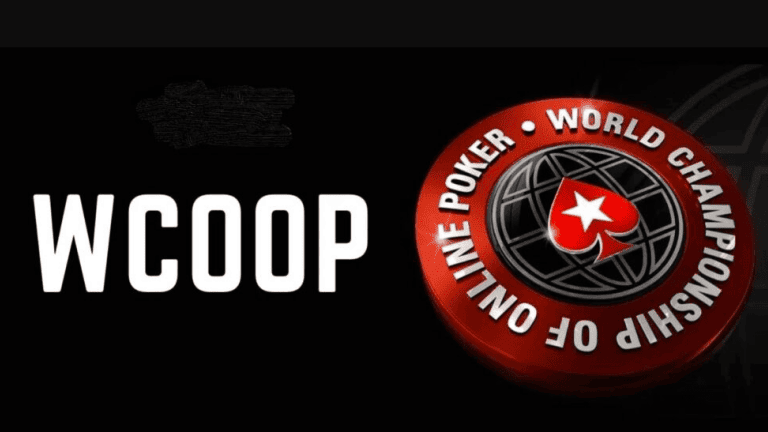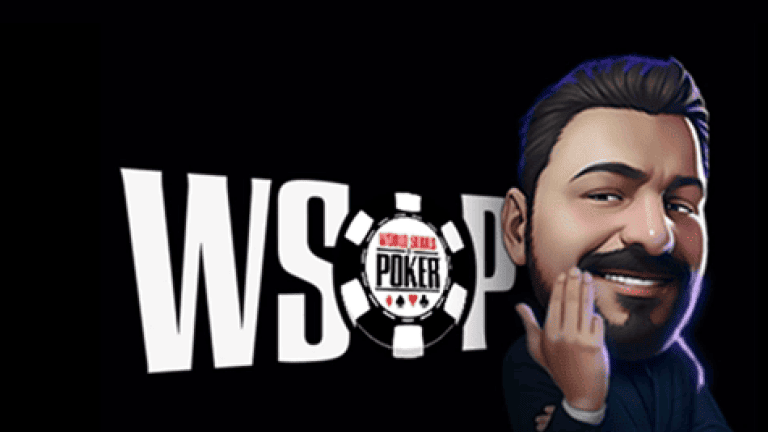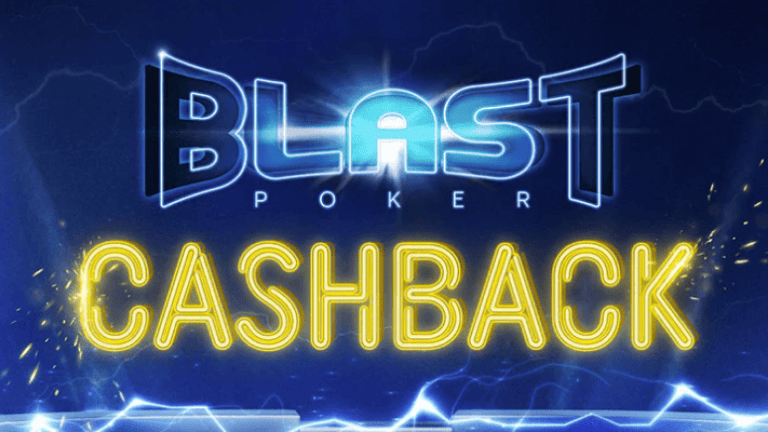Eventually dismissing the bill’s system as one capable of regulating the industry, Malkasian evoked the fury of the PPA as well as several professional poker players. They released an open letter, signed by over 6,800 to date, stating: “As dedicated poker players, both online and live, both professional and amateur, we are extremely disappointed in the position Commerce Casino has taken in opposition to federal legislation to license and regulate online poker. Your opposition puts your narrow corporate interests ahead of the interests of America’s poker players.” The letter, supported by pros like Doyle Brunson, Tom Dwan, Chris Ferguson, Daniel Negreanu, Patrik Antonius and Phil Ivey, goes on to say that “HR 2267 will create a U.S. regulated online poker framework in this country, requiring all online poker sites to measure up to strict safety and consumer protection standards – requirements that do not exist today. More importantly, this bill will create an open and competitive market, giving players a choice of many sites on which to play against others from across the country and the world.”

While the frontlines now reach across the social media and players even plan to boycott the Commerce, Malkasian keeps defending their position: “Federal and state regulation of online poker is coming and we can either fight to ensure that poker players’ interests are protected or allow illegal foreign operators, who are siphoning millions of American dollars out of this country, to dominate the U.S. market. We support the passage of federal and state legislation that will provide California poker players with a safe, secure, and well-regulated online playing environment.” He also envisioned the loss of jobs in addition to the revenue. Later, the Commerce was joined by other top casinos like the Bicycle Casino, the Hawaiian Gardens and the Hollywood Park, claiming to represent 20,000 employees in total.
Meanwhile, aiming to reach 10,000 endorsers to their letter, the PPA and its supporters argue that online gambling brings players to “brick-and-mortar” rooms as many test their skill first or qualify for live tournaments online. Executive Director John Pappas stated in response to the casinos’ joint press release that “there are requirements in HR 2267 that companies set up at least 50% of their operations in the United States. On their concern of illegal operators, anyone who has been operating illegally won’t be able to get a license. It’s pretty clear their only concern is that they don’t want to compete.” He later added that he believed the true reason behind their opposition was that they didn’t feel strong enough to face such competition. Nevertheless, they expressed their regret on the issue, especially on its being a ‘domestic’ one: “It is disheartening that one of our own in the poker community is opposing good public policy that will keep players safe and preserve our rights to play poker online.”
What is to come, remains to be seen. Such issues are, however, harmful for the community and weaken it in front of the true opponents; for poker, both online and live, will always have many.















0 comments